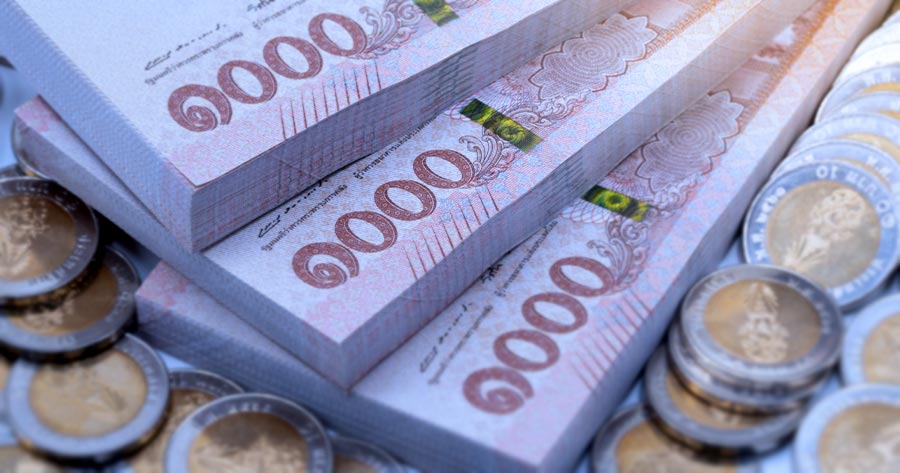Thailand’s central bank signaled on Monday it stands ready to intervene after the baht surged to its strongest level in four years. The currency’s rally—which has lifted the baht more than 7% against the dollar this year—poses an increasing challenge for the country’s export-driven economy, already bracing for the impact of new US tariffs. The appreciating baht is also weighing on the nation’s vital tourism sector by making Thailand a more expensive destination for foreign visitors.
Officials at the Bank of Thailand (BOT) attributed the currency’s rise primarily to a broad-based decline in the US dollar, as well as a surge in gold prices, which have been a significant driver of recent capital flows. While policymakers have previously said they are committed to maintaining market stability, Monday’s statement underscored their readiness to intervene to curb severe volatility in the foreign exchange market.
Pimpan Charoenkwan, the bank’s assistant governor for financial markets, said authorities are maintaining close surveillance of currency swings, vowing to act decisively to blunt any excessive moves that could threaten businesses. She emphasized that the recent gains in Asian currencies—including the baht—stem chiefly from shifting views on the US Federal Reserve’s monetary policy, as investors anticipate a potential policy easing in coming months.
Echoing these concerns back in July, Bank of Thailand Deputy Governor Roong Mallikamas highlighted ongoing consultations between the central bank and the finance ministry to reduce the impact of non-traditional factors such as gold prices on the baht. BOT officials regard gold’s influence as an outlier, rather than reflecting the underlying strength of the Thai economy.





